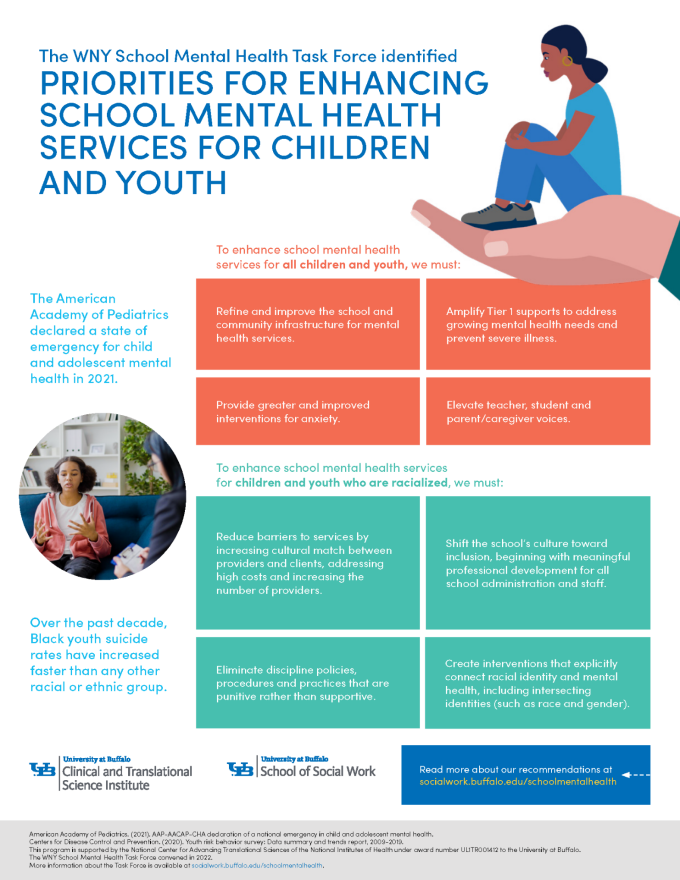Why Youth Involvement Matters

Youth involvement in health education is essential for several reasons. Firstly, young people are more likely to adopt healthy behaviors and attitudes when they are educated about the importance of health promotion. This can lead to a reduction in the risk of chronic diseases, such as obesity, diabetes, and heart disease, which are often linked to lifestyle choices. Secondly, youth are more likely to influence their peers and family members, creating a ripple effect that can lead to positive changes in their social networks. Finally, young people are the future leaders, policymakers, and healthcare professionals, and it is essential to equip them with the knowledge, skills, and attitudes necessary to promote health and well-being in their communities.
Benefits of Youth Involvement in Health Education
Research has shown that youth involvement in health education can have numerous benefits, including:
- Improved health outcomes: Youth who are educated about health promotion are more likely to adopt healthy behaviors, such as regular exercise, healthy eating, and stress management.
- Increased self-esteem: Young people who are involved in health education are more likely to develop a positive self-image and self-esteem, which can lead to improved mental health and well-being.
- Better decision-making: Youth who are educated about health promotion are more likely to make informed decisions about their health, including avoiding risky behaviors such as substance abuse and unprotected sex.
- Leadership skills: Youth involvement in health education can provide young people with leadership skills, such as communication, teamwork, and problem-solving, which can be applied to various aspects of life.
- Community engagement: Youth involvement in health education can foster community engagement and social responsibility, as young people work together to promote health and well-being in their communities.
Ways to Empower Youth in Health Education
There are several ways to empower youth in health education, including:
- Peer education: Training young people to educate their peers about health promotion can be an effective way to engage youth in health education.
- School-based programs: Integrating health education into school curricula can provide young people with a comprehensive understanding of health promotion.
- Community-based programs: Community-based programs, such as youth clubs and community centers, can provide young people with opportunities to engage in health promotion activities.
- Digital health education: Using digital platforms, such as social media and online courses, can provide young people with access to health education and promotion.
- Youth-led initiatives: Supporting youth-led initiatives, such as advocacy campaigns and community projects, can empower young people to take charge of their health and promote health and well-being in their communities.
Challenges and Barriers
Despite the importance of youth involvement in health education, there are several challenges and barriers that need to be addressed. These include:
- Lack of funding: Many health education programs for youth are underfunded, which can limit their reach and effectiveness.
- Limited access: Young people in rural or underserved areas may have limited access to health education programs and resources.
- Sociocultural barriers: Sociocultural factors, such as cultural norms and values, can influence young people’s attitudes and behaviors towards health promotion.
- Technological barriers: Limited access to digital technologies can hinder young people’s ability to engage in digital health education.
FAQs
- Q: Why is youth involvement in health education important?
A: Youth involvement in health education is essential because young people are more likely to adopt healthy behaviors and attitudes when they are educated about the importance of health promotion. - Q: What are the benefits of youth involvement in health education?
A: The benefits of youth involvement in health education include improved health outcomes, increased self-esteem, better decision-making, leadership skills, and community engagement. - Q: How can youth be empowered in health education?
A: Youth can be empowered in health education through peer education, school-based programs, community-based programs, digital health education, and youth-led initiatives. - Q: What are the challenges and barriers to youth involvement in health education?
A: The challenges and barriers to youth involvement in health education include lack of funding, limited access, sociocultural barriers, and technological barriers. - Q: How can healthcare professionals and policymakers support youth involvement in health education?
A: Healthcare professionals and policymakers can support youth involvement in health education by providing funding, resources, and opportunities for young people to engage in health promotion activities.
Conclusion
Youth involvement in health education is a critical aspect of promoting healthy behaviors, preventing diseases, and improving overall well-being. By empowering young people with the knowledge, skills, and attitudes necessary to promote health and well-being, we can create a healthier and more equitable future for all. Healthcare professionals, policymakers, and community leaders must work together to address the challenges and barriers to youth involvement in health education and provide young people with opportunities to engage in health promotion activities. By doing so, we can ensure that the next generation is equipped to take charge of their health and promote health and well-being in their communities. As we move forward, it is essential to prioritize youth involvement in health education and provide young people with the support and resources they need to thrive.
Closure
Thus, we hope this article has provided valuable insights into Youth involvement in health education. We thank you for taking the time to read this article. See you in our next article!